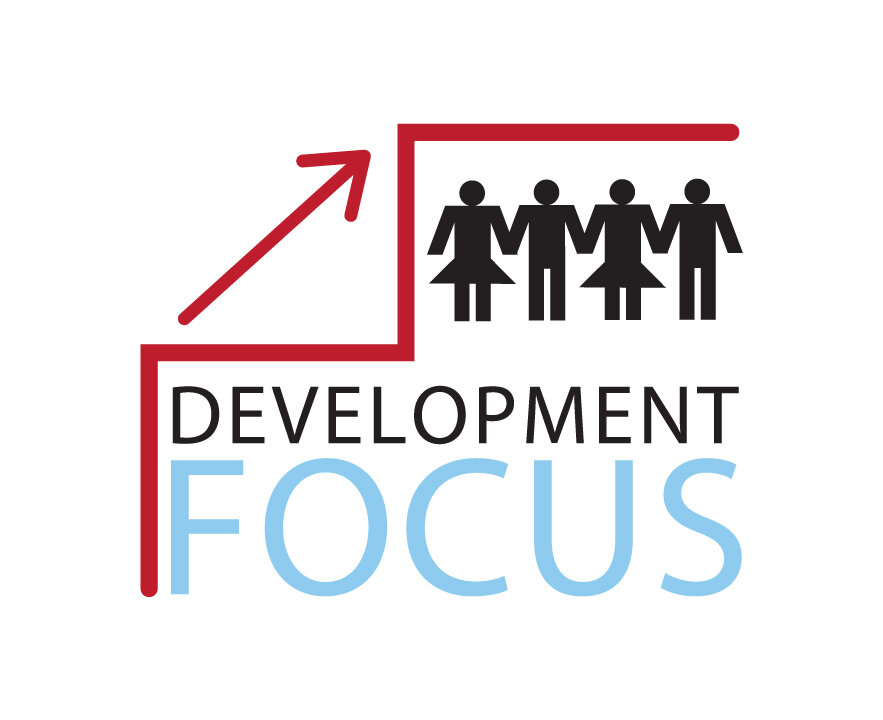
Sustainable Enterprise for Tribal Children & Youth
Preventing unsafe migration of tribal children & youth through social and economic empowerment
The organised crime of profiting for the exploitation of human beings is the third largest form of criminal business. The number is increasing every year with transnational organised crime being an ever-changing industry. According to the UNODC, one in five of these victims are children. According to estimates by the National Human Rights Commission a child under 18 years of age goes missing every 8 minutes in India and half of them are between the age of 11-14 years. Victims are lured or abducted from their homes and subsequently taken to big cities for commercial gain. They are subjected to forms of abuse including physical work, forced into prostitution or subjected to various types of indignities and even killed or incapacitated for trade in human body parts.
Jharkhand is a state in Eastern India that was bifurcated from Bihar in Nov. 2000. It has 24 districts. It has vast forest cover and several Tribal villages. Abduction or luring of minor girls and women is widespread in Jharkhand and has emerged as a major source for in-country migration in India. These youth are forced to domestic servitude in urban areas where the demand for domestic workers is growing, forced as labourers in unorganized and hazardous industry, forced into marriages in areas where the sex ratio is skewed, forced into prostitution, forced as bonded labourers in construction sites, brick kilns and so on. The girls are also forced into surrogacy and the babies are illegally sold to childless couples with mothers having no clue about the whereabouts of their babies. Thus, these suffering children/youth are deprived of any form of right over their own bodies.
Key factors that lead to this Unsafe migration are illiteracy, lack of livelihood opportunities, social norms that prevent young girls from expressing their opinion etc. The villages where they grow up are extremely poor and there is hardly any cash economy. The barter system is still prevalent. It is in this context that:
1. Agents who are working on behalf of large Syndicates visit homes in the villages and offer large sums of money to parents of adolescent children, inducing them to part with their children. They make false promises of a good job and a secure future. For the impoverished and debt-ridden parents this offer seems very attractive.
2. Young women and men who have already gone out of the village to big cities come and entice their siblings and other youth to go with them to the cities. They do not talk about the dark side of exploitation and abuse that they go through but only about the glam and glitter of city life and the cash that they can splash.
Seeing this dire need, Development Focus is implementing a 3-year project of ‘Sustainable Enterprise for Tribal Youth’ in Simdega and Gumla districts of Jharkhand. The project objectives are:
● Children/Youth are provided opportunities for education and livelihood and made aware of the dangers of unsafe migration.
● Incidence of unsafe migration is greatly reduced in 3 years.
● Community Watch Groups formed in each of the project villages are sensitive to the problem and are determined to stop the same.
● Control mechanisms both at Community and District levels strengthened and active to protect children from early marriage, being placed in unsafe environments and abused.
The project is being implemented in 40 villages of Jharkhand and 20 more will be included soon. In each village, Children’s Clubs, Youth Clubs, and a Community Watch Group are formed. Children and youth meet regularly and there is a lot of playing, learning and awareness raising on the dangers of unsafe migration. Children and youth are beginning to understand their rights and are provided information on Duty Bearers whom they can approach when their rights are violated. The youth club members also identify livelihood opportunities where they can add value to locally available resources and sell the products online, thereby providing them sustainable livelihood. New opportunities are being created where none existed. The Community Watch Group is made up of 8 to 10 opinion leaders, both men and women, in the village. They are getting involved in the project from the beginning and are taking ownership of the initiatives. They are sensitized of the dangers of unsafe migration and are keeping watch over their youth and are warding off agents having negative intentions, who come to their village. They are also linked to Government officials who are Duty Bearers and have begun claiming their entitlements. Based on the success of this project, we plan to expand to other villages where children and youth are going through similar trauma.
MISEREOR, Germany supports us financially for implementation in 20 villages of Gumla district and we raise funds for 20 villages of Simdega district.



